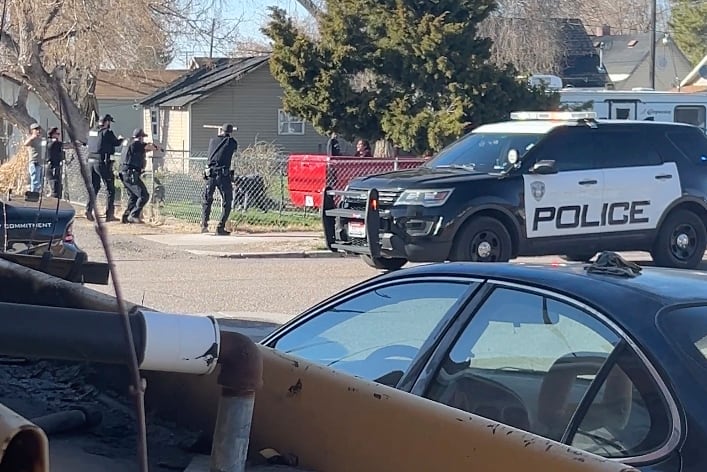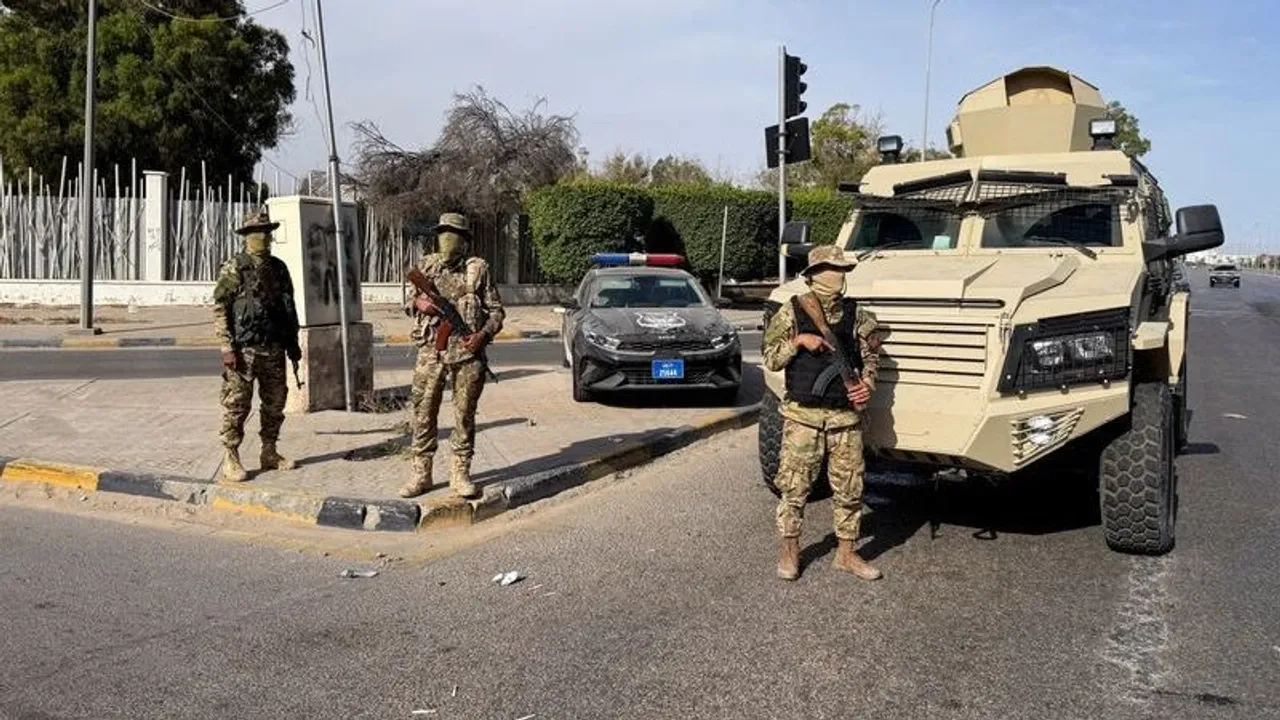The tragic death of Victor Perez, a 17-year-old autistic teen, has left the Pocatello community and the nation grappling with questions about law enforcement, disability awareness, and the use of deadly force. On April 5, 2025, Perez was shot and killed by Pocatello police officers in the backyard of his home after being reported as wielding a knife. The teenager, who was nonverbal and lived with cerebral palsy, had limited ability to communicate, complicating the situation. Within seconds of arriving on the scene, officers fired their weapons, hitting Perez multiple times. Despite emergency medical intervention, Perez passed away a week later, sparking outrage and a heated debate over police practices involving vulnerable populations.
This case has drawn national attention, highlighting the challenges of law enforcement encounters with individuals who have disabilities and igniting discussions about civil rights, accountability, and community safety.
The Incident: What Happened That Day
On the afternoon of April 5, emergency responders received a call reporting a man with a knife threatening others in a residential neighborhood. Officers arrived to find Victor Perez behind a chain-link fence, holding a knife. According to reports, the officers had no knowledge of Perez’s age or his developmental disabilities. Within twelve seconds of arriving, multiple officers discharged their firearms, striking Perez several times. The incident was captured on body cameras and by neighbors, creating a visual record of the event that would fuel public debate.
Officials stated that the officers were responding to a perceived immediate threat. However, advocates and family members argued that the lack of awareness of Perez’s condition and the absence of de-escalation tactics contributed to the tragic outcome. Experts in law enforcement and disability studies have noted that high-pressure situations often escalate quickly when first responders are not trained to recognize signs of neurodiversity.
Legal Review: Attorney General’s Decision
After the shooting, the Bannock County Prosecuting Attorney requested that the Idaho Attorney General’s Office conduct a review to determine whether criminal charges should be filed against the officers. In September 2025, Idaho Attorney General Raúl Labrador announced that the officers would not face criminal charges. Deputy Attorney General Jeff Nye explained in a detailed report that the officers acted under the assumption that they were dealing with an adult male threatening others, and there was insufficient evidence to prove beyond a reasonable doubt that their use of deadly force was unjustified.
Idaho law does not require officers to retreat when facing an immediate threat, and the rapid progression of events meant that officers made split-second decisions. While legally justified, the decision sparked widespread criticism from disability advocates and the community, raising questions about how laws intersect with ethical obligations in policing.
Family Response: Pursuing Justice Through Civil Action
Although the criminal investigation concluded without charges, Victor Perez’s family has vowed to pursue justice through a federal civil rights lawsuit against the city of Pocatello. The lawsuit alleges that the officers violated Perez’s constitutional rights, including protections under the Fourth and Fourteenth Amendments, as well as the Americans with Disabilities Act.
Perez’s family contends that the officers should have recognized his developmental disabilities and employed non-lethal measures to de-escalate the situation. Their legal team emphasizes that while the law may provide a shield for officers in certain circumstances, ethical and professional accountability should extend beyond legal technicalities, especially when dealing with vulnerable populations.
Community Reaction: Outrage and Calls for Reform
The decision not to charge the officers ignited public outrage. Community members, disability advocates, and civil rights organizations criticized the officers’ handling of the situation. Public demonstrations and protests called for reform in police training, particularly around recognizing and responding appropriately to individuals with developmental and intellectual disabilities.
National organizations have cited this case as an example of the urgent need for mandatory training on autism awareness, communication strategies, and non-lethal crisis intervention. Experts warn that without systemic reform, similar tragedies are likely to continue, disproportionately affecting vulnerable populations.
Broader Implications: Police Training and Disability Awareness
This incident highlights a critical gap in law enforcement training. Traditional police protocols often emphasize rapid threat assessment and immediate action, but they may fail to account for the unique behaviors and communication challenges of individuals with disabilities.
Experts recommend that police departments implement comprehensive programs that include autism awareness, crisis de-escalation, and adaptive communication techniques. Research shows that officers who receive specialized training are better equipped to handle high-risk situations safely, reducing the likelihood of fatal outcomes. Advocates argue that proactive measures, such as mental health response teams or on-call disability specialists, could have changed the outcome in Perez’s case.
FAQs
What led to the fatal shooting of Victor Perez?
Victor Perez was fatally shot by four Pocatello police officers after being reported as threatening others with a knife. Officers arrived without knowledge of his age or developmental disabilities, and within seconds, discharged their weapons, striking Perez multiple times.
Why were the officers not charged?
The Idaho Attorney General’s Office determined that the officers acted within the bounds of the law. The officers were responding to what they perceived as an immediate threat and had no duty to retreat. Insufficient evidence existed to prove criminal wrongdoing beyond a reasonable doubt.
What is the family doing in response?
Perez’s family is pursuing a federal civil rights lawsuit against the city of Pocatello, alleging excessive use of force and violations of the Fourth and Fourteenth Amendments, as well as the Americans with Disabilities Act.
What does this incident say about police training?
The case underscores the need for enhanced training in recognizing and responding to individuals with disabilities. Experts advocate for programs that include autism awareness, de-escalation strategies, and crisis communication techniques to prevent unnecessary fatalities.
How has the community responded?
The community has expressed outrage through protests and advocacy efforts, calling for reform in police protocols and better safeguards for vulnerable individuals. Disability rights organizations have emphasized the importance of systemic change to prevent similar incidents in the future.
Conclusion: Lessons for the Future
The death of Victor Perez serves as a sobering reminder of the challenges and responsibilities faced by law enforcement when interacting with vulnerable populations. While the legal system cleared the officers involved, the ethical and societal questions remain. This tragedy underscores the urgent need for comprehensive police training in disability awareness, communication, and de-escalation.
Communities, lawmakers, and law enforcement agencies must work together to implement systemic reforms that protect the rights and lives of individuals with disabilities. Only through meaningful change can future tragedies be prevented and trust between law enforcement and communities strengthened.





